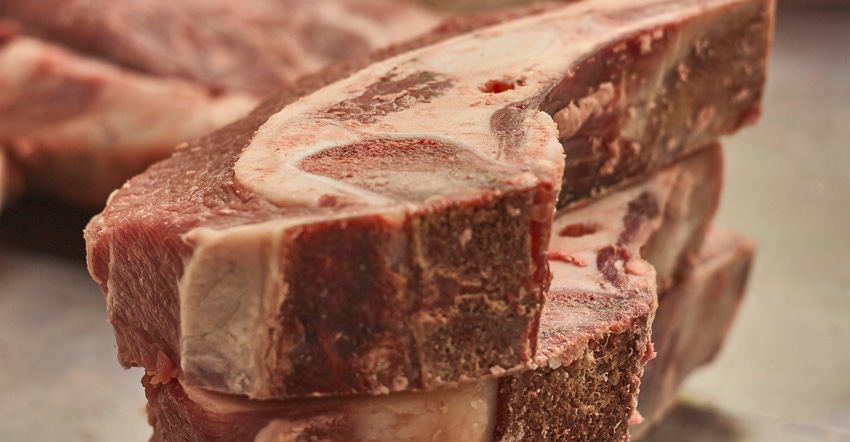August 6, 2020

Even with its growing livestock industry, small to mid-size Minnesota livestock farms face challenges with a limited number of small-scale meat and poultry processing businesses, according to a recent state-wide survey.
The survey, developed by a team of farmers and staff at the Minnesota Farmers Union, the Sustainable Farming Association of Minnesota, the Land Stewardship Project, the Minnesota Farmers’ Market Association, Renewing the Countryside and the Minnesota Institute for Sustainable Agriculture, was sent to livestock producers in mid-May to learn how they were affected by COVID-19 and plant closures.
The survey results, largely from farmers who direct market their livestock to consumers, restaurants and food cooperatives, confirm what ag groups and others have known for a long time: Family farmers are experiencing a shortage of local livestock processing, made worse by COVID-19 plant closures, and this is limiting their farm businesses.
The survey was conducted May 15-26 and was sent to participating groups' members.
More than half of the 111 survey respondents reported that there were too few livestock processing operations to meet farmers' needs for local meat processing. Only 17% reported that they did have adequate access.
Even before the pandemic, 64% said processing was inadequate for their business. A majority of respondents, 54%, indicated that they would raise more livestock if there was more processing available.
“Direct marketing is an opportunity for family farmers to supply their local markets and keep a larger share of the food dollar on the farm,” says MFU president Gary Wertish. “Our members have frequently shared with us that they need more local meat processing infrastructure to build their businesses and support their communities, without dealing with long backlogs at the processor. An investment in local processors is an investment in rural Minnesota.”
The majority of respondents direct market or sell at sales barns or auctions, and reported that processors of all types — USDA, “equal to” and Custom-Exempt — are booked out for months. Some farmers have booking dates as far ahead as fall 2021.
The survey also revealed that 65% of respondents have seen an increase in demand for their products.
“Consumers are more aware of how important buying and supporting local [food] really is,” said one farmer.
Notably, only 9.5% have experienced an increase in sale price, though some who were surveyed reported market disruption causing cash flow problems this summer.
The lack of competitive markets and concentration in the meatpacking industry has been a decades-long problem, laid bare when workers became ill with COVID-19, forcing shutdowns of major plants and heightening community spread of COVID-19. The resulting backups created more demand at local processors and reduced available slaughter dates for producers who regularly rely on these plants.
The Minnesota Department of Agriculture has provided resources for producers and small-scale processors, recognizing that the pandemic and large packing plant closures have put pressure on small plants and the farmers they serve, including by expediting approvals for new “equal to” state-inspected plants, moving them up from “Custom Exempt,” and fast tracking grant funding to increase slaughter capacity at small grants.
The survey results also suggested a need for greater investment in meat inspection and expanded opportunities for workforce development training. In addition, the survey respondents encouraged livestock producers to build pro-active relationships with local processors.
The survey results can be viewed in full online.
Source: Minnesota Farmers Union, which is solely responsible for the information provided and is wholly owned by the source. Informa Business Media and all of its subsidiaries are not responsible for any of the content contained in this information asset
Read more about:
Covid 19You May Also Like




